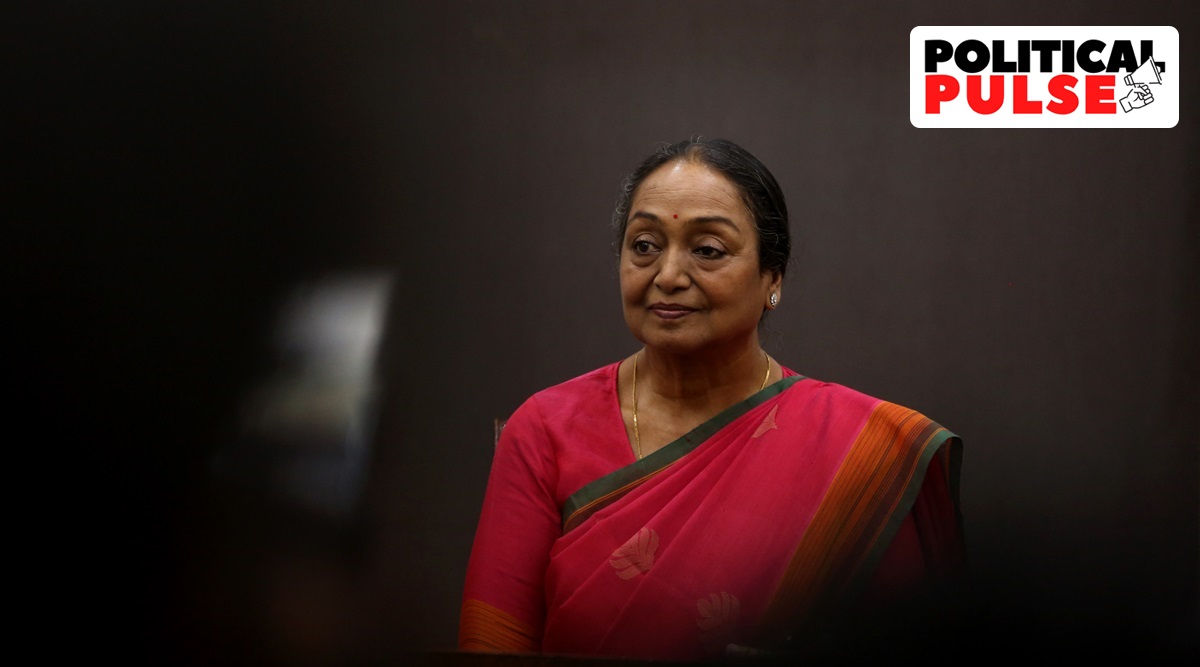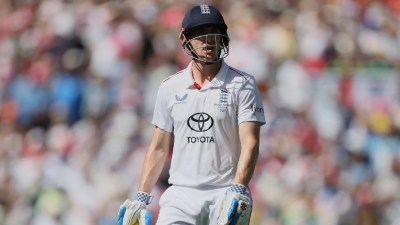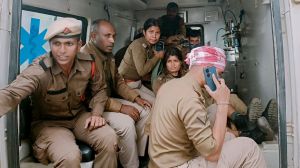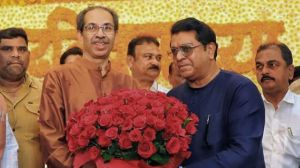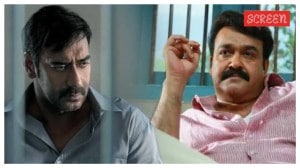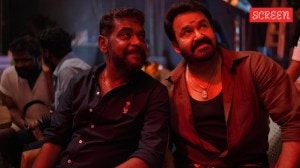Meira Kumar in 2009 became the first woman to become Lok Sabha Speaker, replacing Somnath Chatterjee. A five-time Congress MP, Kumar is the daughter of Congress stalwart and former Union Minister Babu Jagjivan Ram. After spending time in the Indian Foreign Service, Kumar joined politics in 1985 when the Congress fielded her in a Lok Sabha bypoll from Uttar Pradesh.

Excerpts:
Parliament will start functioning in the new building on Tuesday. As a former Speaker and a five-term MP, what are the memories associated with the old Parliament building?
I have so many memories of Parliament. I have virtually grown up in the Parliament building because right from 1946 when my father came as a Cabinet Minister in the interim government, I came to Delhi then. Of course, at that time I was very young. I would have been 10 because that is the age when you can sit in the Speaker’s gallery … Since then, I have been going to Parliament. So, I have a deep connection with Parliament and Parliament building.
What has changed over the years?
Things have changed so much over the years. Earlier, there was no security. And that road where so much security checking happens now … It was free for anybody to go from that side and go to the other side. It was free for the general public. Earlier, we had fewer MPs. From time to time, the number of MPs increased. Then came a time when I became an MP myself. So, I have very happy memories. I was allotted a seat right at the back. I had a bird’s eye view of the entire house. I later happened to become the Speaker. Then again I had a 180-degree view of the House. We had a library in the building itself. Subsequently, the library building was added. As the Speaker when I went abroad, I always made sure that I got some important books from there, about their Parliament, about their Constitution, and I included them in our library. My predecessor Somnath Chatterjee made a museum there. The gifts we got when we went abroad are displayed in the museum.
What are your memories as an MP?
One happy memory is the point when my father was in the Opposition and I was an MP in the ruling party. And we both used to go together to Parliament and then he would make a left turn and go towards the Opposition side and I would take a right turn and go towards the Treasury bench side. Another happy memory was that when I became the Speaker, we had turbulent times and the bifurcation of Andhra Pradesh Bill was passed for the creation of Telangana. It was a historic Bill. So many memories are there.
Story continues below this ad
What is your message as the Parliament moves to the new building?
Our Parliament is not just a body to legislate. That is the most important function of it. But it also acts as a catalyst … the social change it brings about. It is the most important body to bring about social change. So, whatever social change you see in society, which I thought would take deeper roots, it has not taken deeper roots. But, so far as legislation is concerned, there have been pieces of legislation for the downtrodden, for the Scheduled Castes, for the Scheduled Tribes, for women. There have been laws to give them equal respect, equality and security, that is a very important function of our Parliament. Now they are shifting to a new building, I wish everybody very well and for all the people of the country … it is an occasion to remember.
When I was the Speaker, who is the custodian of the property, I was very particular that our building … it is a historic building that also gives so much glory … it should be preserved and I was very protective towards the building. I set up a committee of renowned artists, architects and historians … I had said that not even a nail should be hammered on the wall of the Parliament House without the permission of this committee. We don’t want any kind of distortion or damage to the building. Over the years, the office space was shrinking, more office was required and more seating space was required. All that was required which necessitated that we should think about having a new Parliament building. That was also what we thought about at that time.
Whatever the building, however grand the building is, one should not forget that this is the country that has the largest population in the world and in that largest population, the largest number of poor live in this country. This Parliament building actually belongs to them. Their concerns, their respect, their right, their security, and their well-being is the first concern of this Parliament. That is the agenda of this Parliament. That we should not forget. So it is a great day, we are going into a new building. But we should remember what is the agenda in that building, what are we going to do and for whom. We should not forget that. That building becomes grand, becomes beautiful, becomes historic if we are able to address the problems of the poor people of our country.
Story continues below this ad
You have heard countless speeches in Parliament over your long journey as an MP. Which is the most memorable speech?
For me, the most memorable speech is the one that my father (Jagjivan Ram) gave when we won the 1971 war. He was the Defence Minister. He came and he said, ‘We have won the war.’ After that, our Prime Minister Indira ji gave a speech. That was on occasion because we had never won a war before. Our soldiers fought valiantly. We have the best Army in the world but maybe the strategy was not correct and we did not win a war. When we won that war, we showed the world that a war is not something desirable, it causes a lot of damage to lives and property. But the 1971 war showed that we can do something in such an excellent manner which is something nobody can think of. In the last 52 years, Pakistan has criticised India in so many things … but it will never criticise India that during the 1971 war, a single Pakistani civilian or woman or child was harassed by Indian soldiers. We followed the Geneva Convention to the teeth.
You mentioned the passage of the Andhra Pradesh bifurcation Bill. The unruly incidents that played out during the passage of the Bill, was it personally painful for you as a Speaker?
Things have happened and for me to today say that what was my personal reaction to it will not be proper. But a new state came into existence. A state that came into existence at the demand of so many … people are very happy with it. The state that was bifurcated, naturally they wish that it had not happened. So there are two views. So for me to really express a view on this would not be proper.

